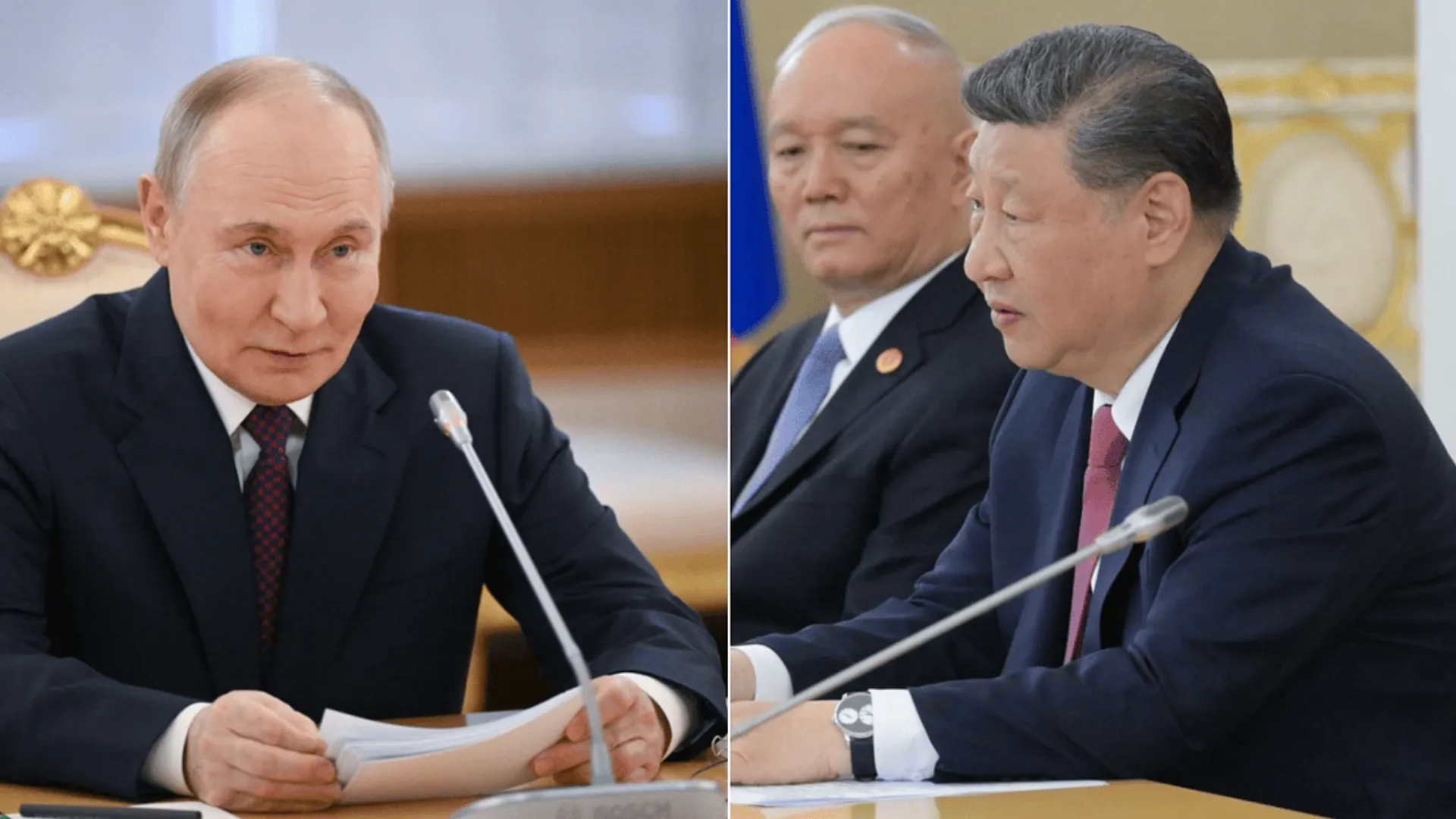LEADERS MET: COOPERATION MESSAGE IN TOURISM FROM CHINA AND RUSSIA

At the meeting between Russian President Vladimir Putin and Chinese President Xi Jinping in Moscow, emphasis was placed on deepening cooperation in the fields of culture, education and tourism. The decision of the two countries to increase tourism, cinema and inter-local government contacts may create new openings in Asian tourism traffic.
Russian President Vladimir Putin and Chinese President Xi Jinping met in Moscow. The two leaders emphasized the importance of strategic cooperation.
It was reported that Russian President Vladimir Putin and Chinese President Xi Jinping exchanged in-depth views on many issues, from bilateral relations to international and regional issues. At the meeting, a common understanding was reached on strengthening strategic coordination, developing bilateral relations in a stable and high-level manner, preserving the correct historical approach to the history of World War II, and defending the authority of the United Nations (UN) and international justice.
Xi Jinping, emphasizing the historical foundations and current strategic importance of China-Russia relations, said, "History and current conditions dictate that deepening China-Russia relations is not only a requirement of the lasting friendship of our peoples, but also an indispensable choice for the development goals of both countries."
Chinese President Xi stated that cooperation is not only a necessity of the era for the two countries, but also for the preservation of global justice, the defense of the principle of multilateralism, and the reform of the international governance system. Noting that unilateralism and hegemony initiatives are on the rise again today, Xi said that China and Russia, as permanent members of the UN Security Council, have special responsibilities against these threats and will contribute to the construction of global awareness by preserving the correct perspective on the history of World War II.
Referring to economic and technological cooperation, Xi suggested that China and Russia evaluate their complementary resource and industrial advantages and expand high-quality and mutually beneficial cooperation in areas such as economy, trade, energy, agriculture, aviation, space and artificial intelligence. Xi Jinping, who proposed deepening the integration between the Belt and Road Initiative and the Eurasian Economic Union, stated that cooperation areas such as education, cinema, tourism, sports and inter-provincial administrations will also be developed.
Russian President Vladimir Putin said that Russia-China relations are based on equality and mutual respect and do not target any third party. Stating that Russia adheres to the 'One China' policy, Putin stated that they continue to support China's position on the Taiwan issue. Putin also expressed their determination to maintain high-level mutual contacts, strengthen pragmatic cooperation in trade, investment, energy, agriculture and technology, and deepen contacts in the fields of education, culture, youth and tourism. Describing the US's high tariff policies as 'irrational and illegal', Putin noted that such policies would cause the greatest harm to the US itself in the long run.
Putin stated that China and Russia should contribute to the formation of a multi-polar world order by acting in coordination in multilateral platforms such as the UN, Shanghai Cooperation Organization (SCO) and BRICS. He called for opposing unilateralism, arbitrary sanctions and attempts to form blocs, and defending the common interests of the international community.
Xi and Putin also signed the 'Joint Declaration Between the People's Republic of China and the Russian Federation; On the Occasion of the 80th Anniversary of the Victory of the Chinese People's Resistance Against Japanese Aggression, the Soviet Union's Victory Against Nazi Germany and the Establishment of the United Nations, on Deepening the Comprehensive, Strategic and Coordinated Partnership in the New Era'.
Following the meetings, the two leaders signed more than 20 cooperation agreements covering strategic stability, international law, biosafety, investment protection, the digital economy, quarantine measures, and cinema.












